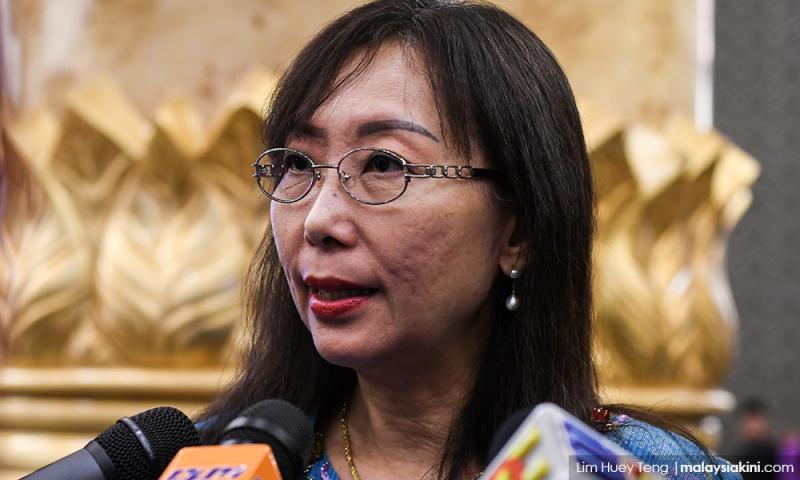The Primary Industries Ministry is preparing a paper on the country’s B10 Biodiesel programme to be tabled in the Cabinet by year-end.
Its minister, Teresa Kok, said the biodiesel programme would be able to help oil palm smallholders address falling palm oil prices.
“The government cannot afford the subsidies (for the smallholders) and one way to increase the use of palm oil is through the biodiesel programme.
“In Indonesia, palm-based fuel programmes have managed to help smallholders there. Therefore, I feel that Malaysia can take the same approach,” she told reporters after a discussion with agribusiness firm Wilmar Trading Pte Ltd in Putrajaya today.
B10 Biodiesel is produced from a mix of 10 percent esters methyl palm oil and 90 percent diesel.
Meanwhile, Primary Industries Ministry biofuel division secretary Ahmad Farid Mohammed said an engagement session with stakeholders, which began on Aug 1, has been completed.
“The parties involved were from the automotive and petroleum sectors, as well as the Federation of Malaysian Manufacturers. So, we’ve met all relevant stakeholders,” he said, adding that the proposed B10 biodiesel programme would be different from what was implemented in Indonesia.
Meanwhile, Wilmar Trading Pte Ltd Indonesia Country Head Darwin Indigo said Indonesia was successful with its biodiesel programme and the group believed that Malaysia could do the same.
“This (biodiesel programme) will be a good programme for Malaysia as the second largest palm oil producer in the world.
“Strong captive domestic demand will always be better than relying on other countries to buy your products,” he said.
Indigo said Wilmar supported the Indonesian government on the B20 programme and worked very closely with the republic’s government on the implementation of biodiesel there.
Singapore-based Wilmar is an exporter of biodiesel products to Europe, India, China and the United States.
–Bernama





